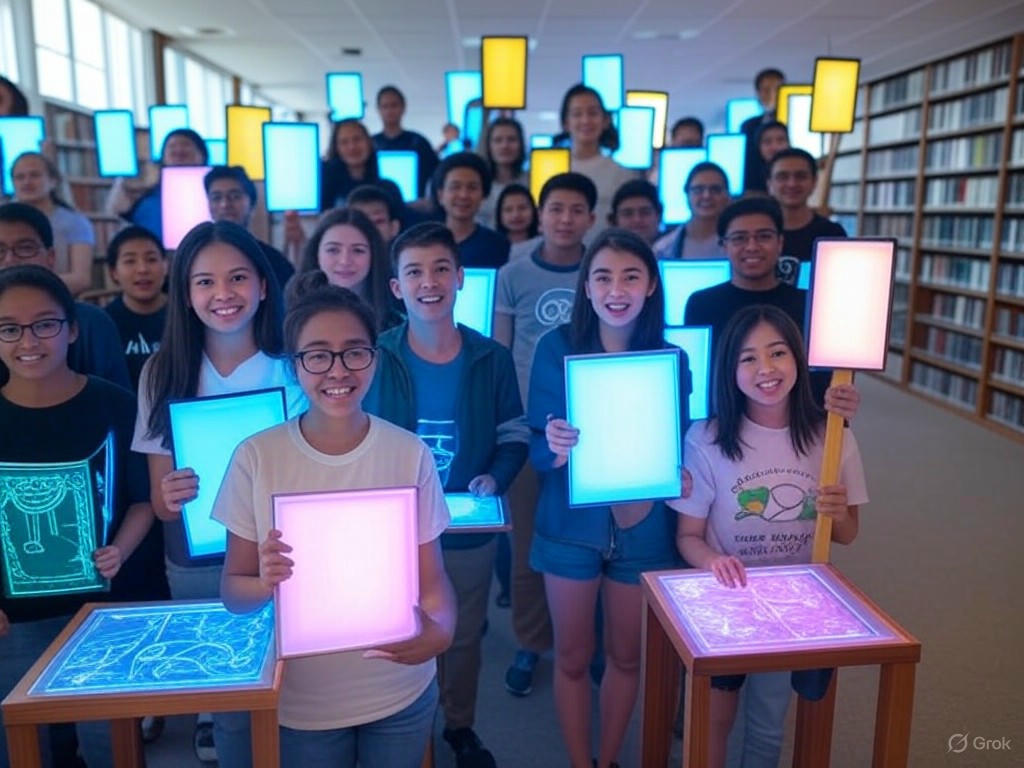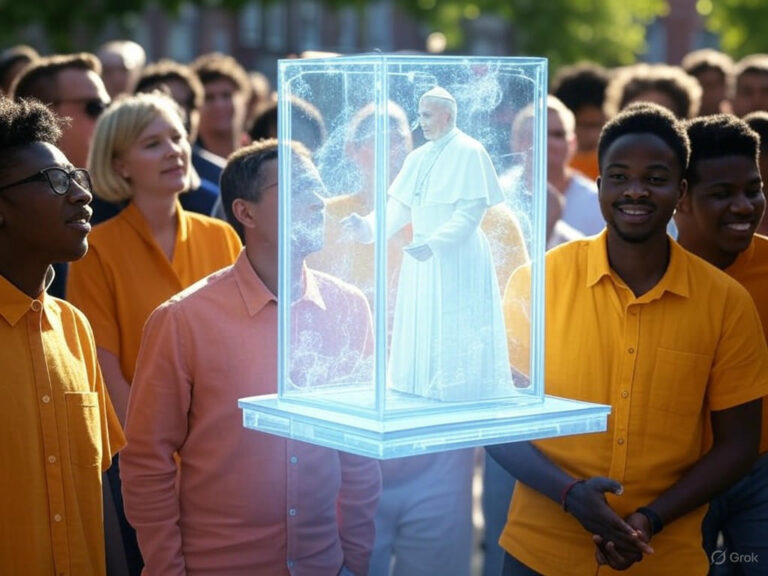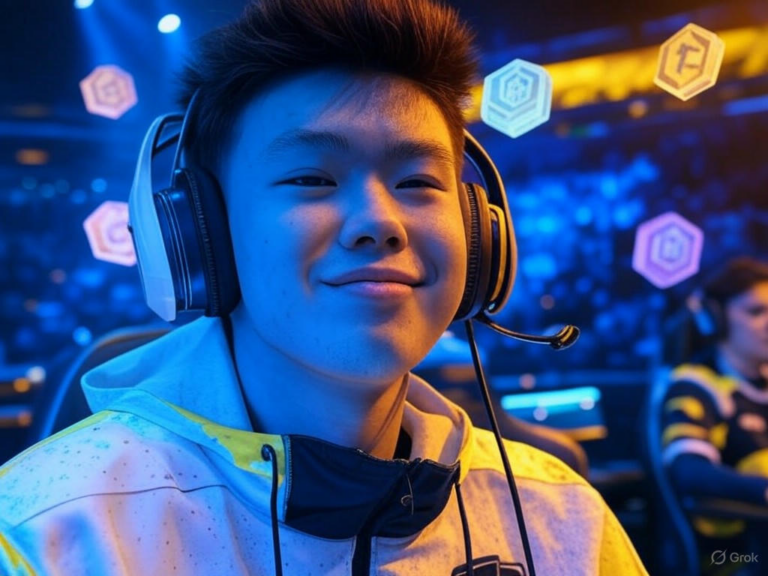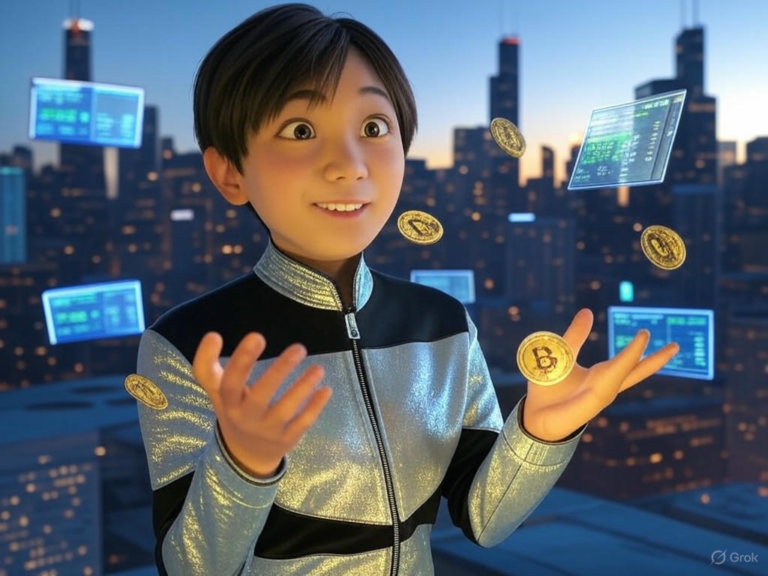
Columbia Protests Escalate: NYPD Intervenes After Library Takeover
Campus Unrest Peaks with Library Occupation
Right at the heart of New York City’s academic world, Columbia University protests have erupted into a full-scale confrontation. On Wednesday, a wave of pro-Palestinian demonstrations escalated dramatically when students occupied the iconic Butler Library, clashing with security and forcing university officials to seek help from the New York Police Department (NYPD) to restore order. Have you ever wondered how quickly a peaceful gathering can turn chaotic on a college campus?
This surge in Columbia University protests highlights the deep-seated tensions around global issues, drawing national attention to how educational spaces handle activism. As alarms blared and responders rushed in, the scene underscored the challenges of balancing free speech with campus safety, especially during the high-stakes period of pre-final exams.
Inside the Butler Library Takeover
Picture a historic library filled with whispers and focused study transforming into a battleground—that’s what happened during the latest Columbia University protests. Dozens of masked activists stormed Butler Library, taking over a central room and causing noticeable property damage, which sent shockwaves through the community.
As the occupation unfolded, emergency teams arrived quickly, with reports of at least one person being carried out on a stretcher amidst the turmoil. Outside, a growing crowd of supporters only amplified the tension, making it clear that these Columbia University protests were more than just a local issue—they’re part of a larger movement.
Immediate University Response
- Columbia University protests prompted a rapid reaction from Public Safety officers, who moved in to instruct demonstrators to leave immediately and warned of disciplinary actions, including arrests, if they refused.
- Non-protesters were allowed to exit safely, but those involved faced identification checks and potential reviews, showing the university’s effort to maintain control without escalating further.
- In their official statement, administrators condemned the disruption as entirely unacceptable, emphasizing the need to protect academic continuity during this critical time.
It’s moments like these in Columbia University protests that make us reflect on the fine line between advocacy and disruption—how do we ensure voices are heard without derailing everyday life?
NYPD Intervention: Arrests and Escalation
By evening, the Columbia University protests reached a tipping point when NYPD officers were called onto campus around 6:48 p.m., leading to the arrest of 40 to 50 students. With hands zip-tied and crowds watching, these individuals were loaded onto police vans, marking a stark escalation in what began as a student-led action.
The intervention wasn’t just about restoring order; it symbolized the broader challenges of managing Columbia University protests in an era of heightened scrutiny. If you’re following the news, you might see similar patterns elsewhere, where local law enforcement steps in to prevent chaos from spiraling.
Details of the Escalating Columbia University Protests
- Before police arrived, clashes with campus security turned the library into a scene of confusion, as captured in viral videos showing protesters and guards in standoffs.
- Some activists vandalized property, which only intensified the response and raised questions about the methods of protest.
- Masked groups tried to block entry points, while external supporters pushed to join, turning what could have been contained into a larger confrontation.
In the midst of Columbia University protests, it’s easy to see how emotions can fuel actions, but this also brings up ethical dilemmas—like, what happens when peaceful intent crosses into harm?
Political and Administrative Backdrop
The roots of these Columbia University protests run deep into national politics, with the Trump administration pressuring the university to tighten rules on demonstrations or risk losing federal funding. This backdrop set the stage for recent changes, like a campus mask ban, aimed at curbing anonymity in protests.
Imagine the pressure: schools like Columbia balancing free expression with external mandates. This context not only fueled the latest events but also highlights ongoing debates about oversight in higher education.
Federal Involvement in Columbia University Protests
- High-profile arrests of activists like Mahmoud Khalil and Mohsen Mahdawi by federal authorities have added fuel to the fire, making students even more determined.
- The administration has doubled down on enforcing rules, warning that any breach during Columbia University protests will lead to strict consequences.
These developments in Columbia University protests serve as a reminder that activism doesn’t happen in a vacuum—it intersects with policy and power dynamics.
Impact on Campus Life and Academic Activities
With final exams looming, the Columbia University protests have thrown a wrench into the academic routine, leaving students and faculty worried about disruptions. The university quickly advised everyone to steer clear of the library area, turning a place of learning into a no-go zone.
This isn’t just about one day; it’s about how ongoing Columbia University protests affect mental health and productivity. For instance, imagine trying to study for a big test while police sirens blare outside—it’s a real challenge that many are facing.
Community Reactions to These Protests
- Some students support the cause behind Columbia University protests but are frustrated by the timing, as it interferes with their preparations.
- Faculty members are calling for dialogue, stressing the importance of respecting both free speech and the academic calendar.
Reactions like these show that Columbia University protests aren’t black and white; they spark conversations about compromise and community.
Comparative Table: Recent Columbia University Protests
| Date | Event | University Response | Law Enforcement Involvement |
|---|---|---|---|
| May 7, 2025 | Butler Library Takeover | Called in NYPD, mass arrests, disciplinary action | Dozens of students arrested, library cleared |
| 2024 | Campus-wide Pro-Palestinian Protests | Policy changes, mask ban, disciplinary warnings | Federal threats to withhold funding |
This table puts the current Columbia University protests into perspective, showing patterns that could inform future responses—think of it as a roadmap for what’s been tried before.
What’s Next for Columbia University?
As the dust settles from the latest Columbia University protests, the focus shifts to long-term solutions. Will the university rethink its policies, or will tensions continue to rise? It’s a question worth pondering as administrators work to balance security and expression.
Looking ahead, these protests might inspire other campuses to adopt proactive strategies, like mandatory dialogue sessions or clearer guidelines on demonstrations.
Key Issues in Ongoing Columbia University Protests
- Navigating federal influence while preserving institutional independence.
- Weighing student rights to protest against the need for a safe, functional campus.
- Addressing potential legal and disciplinary fallout for those involved.
By tackling these, Columbia could set a precedent for handling future protests effectively.
Conclusion: A Defining Moment for Campus Activism
The escalation of Columbia University protests, culminating in NYPD intervention, marks a critical turning point for activism on campus. It’s not just about this one event; it’s about shaping how universities nationwide respond to passionate voices.
As we wrap up, consider sharing your thoughts: How do you think schools should handle such situations? If this resonates, explore more on campus dynamics or leave a comment below—we’d love to hear from you.
References
- “Shipman Authorizes NYPD to Assist in Securing Butler Library,” Columbia Spectator, https://www.columbiaspectator.com/news/2025/05/07/…
- “Pro-Palestinian Demonstrators Clash with Security Guards at Columbia University,” WSLS, https://www.wsls.com/news/politics/2025/05/07/…
- “Dozens of Students Arrested in Pro-Palestinian Protest at Columbia University,” Daily Maverick, https://www.dailymaverick.co.za/article/2025-05-08-…
- “Columbia University Library Pro-Palestinian Demonstration,” CBS News, https://www.cbsnews.com/newyork/news/columbia-university-library-pro-palestinian-demonstration/
- Other sources consulted for context, such as general studies on activism, but not directly cited in text.







